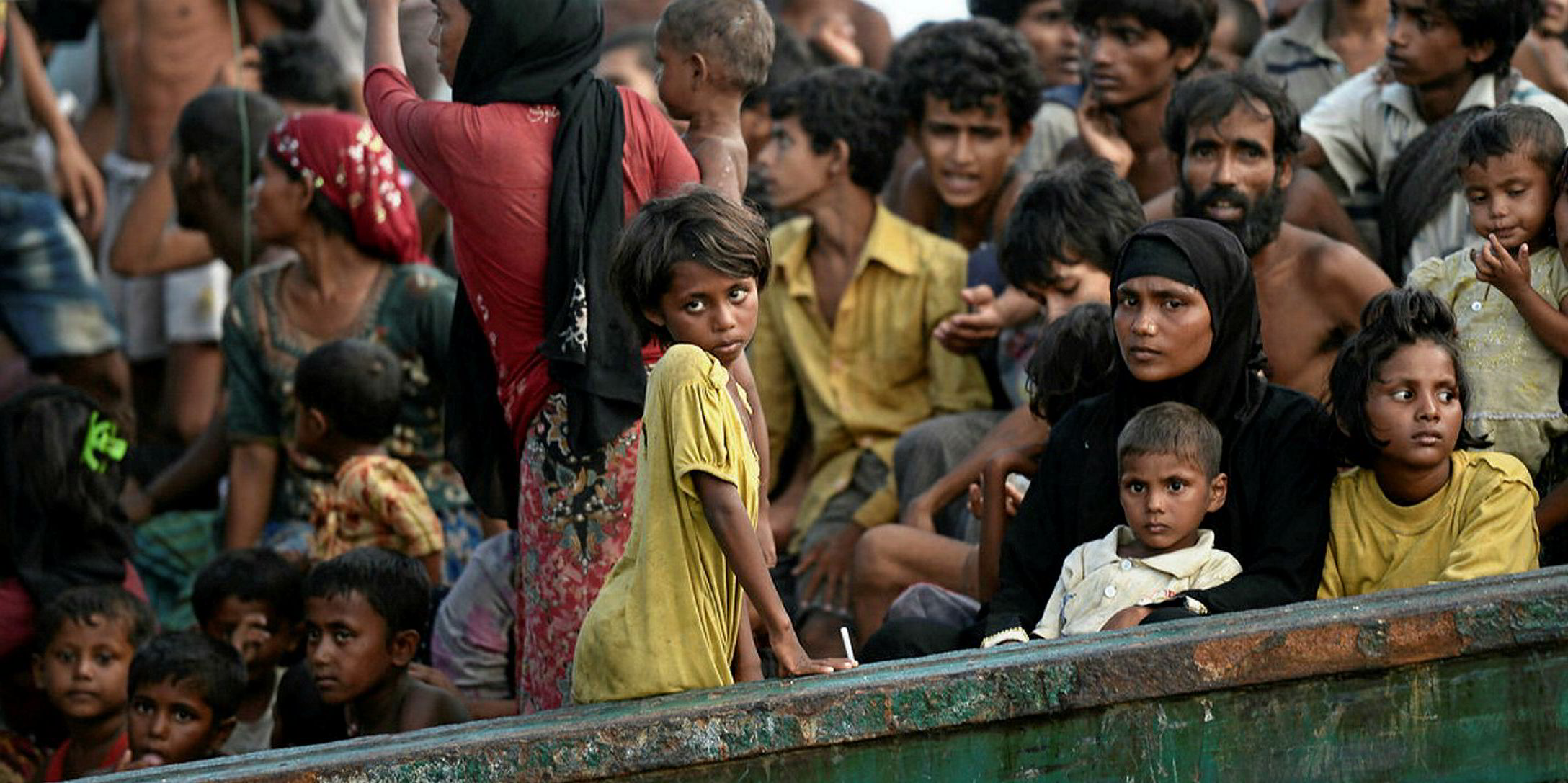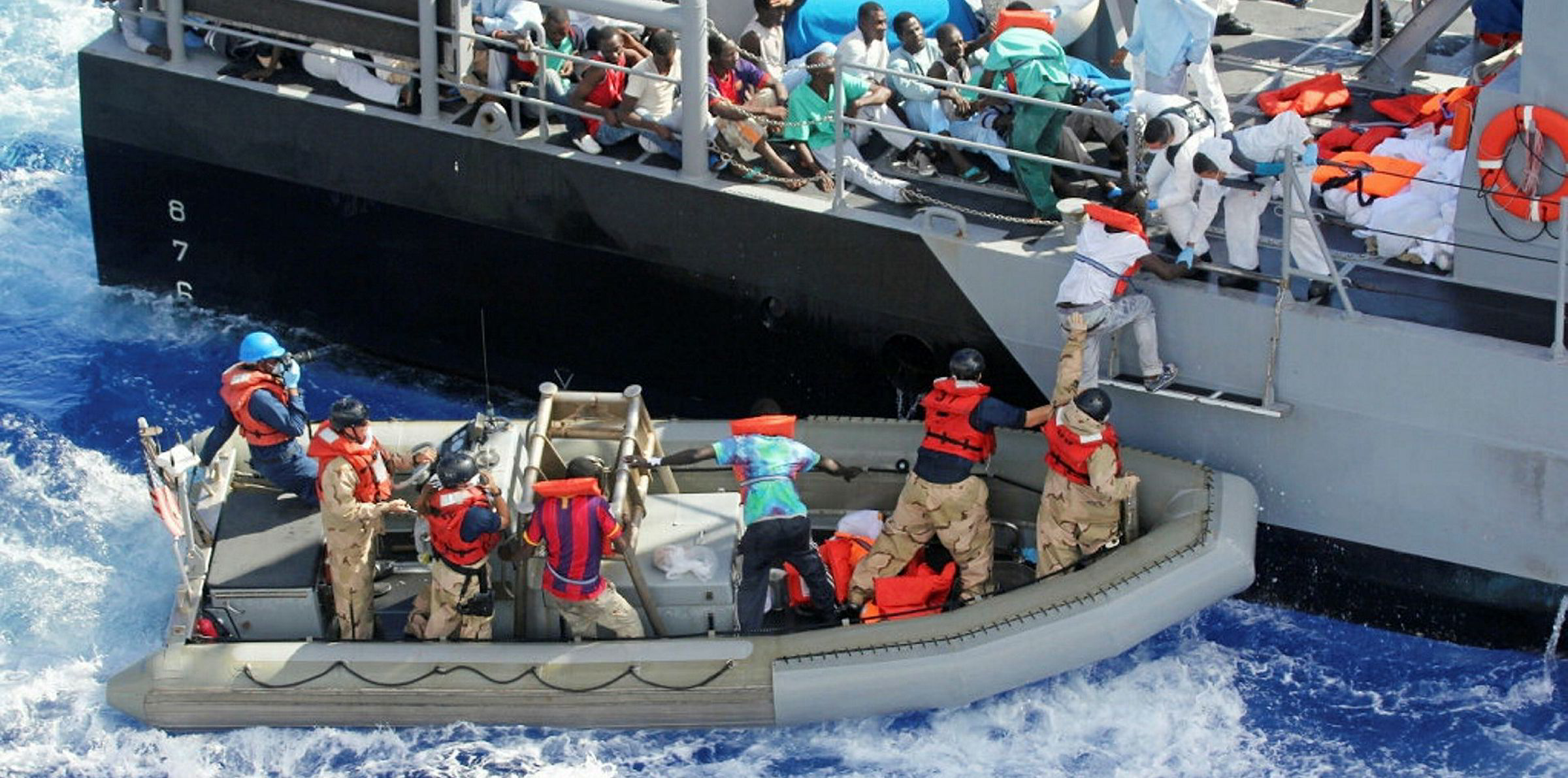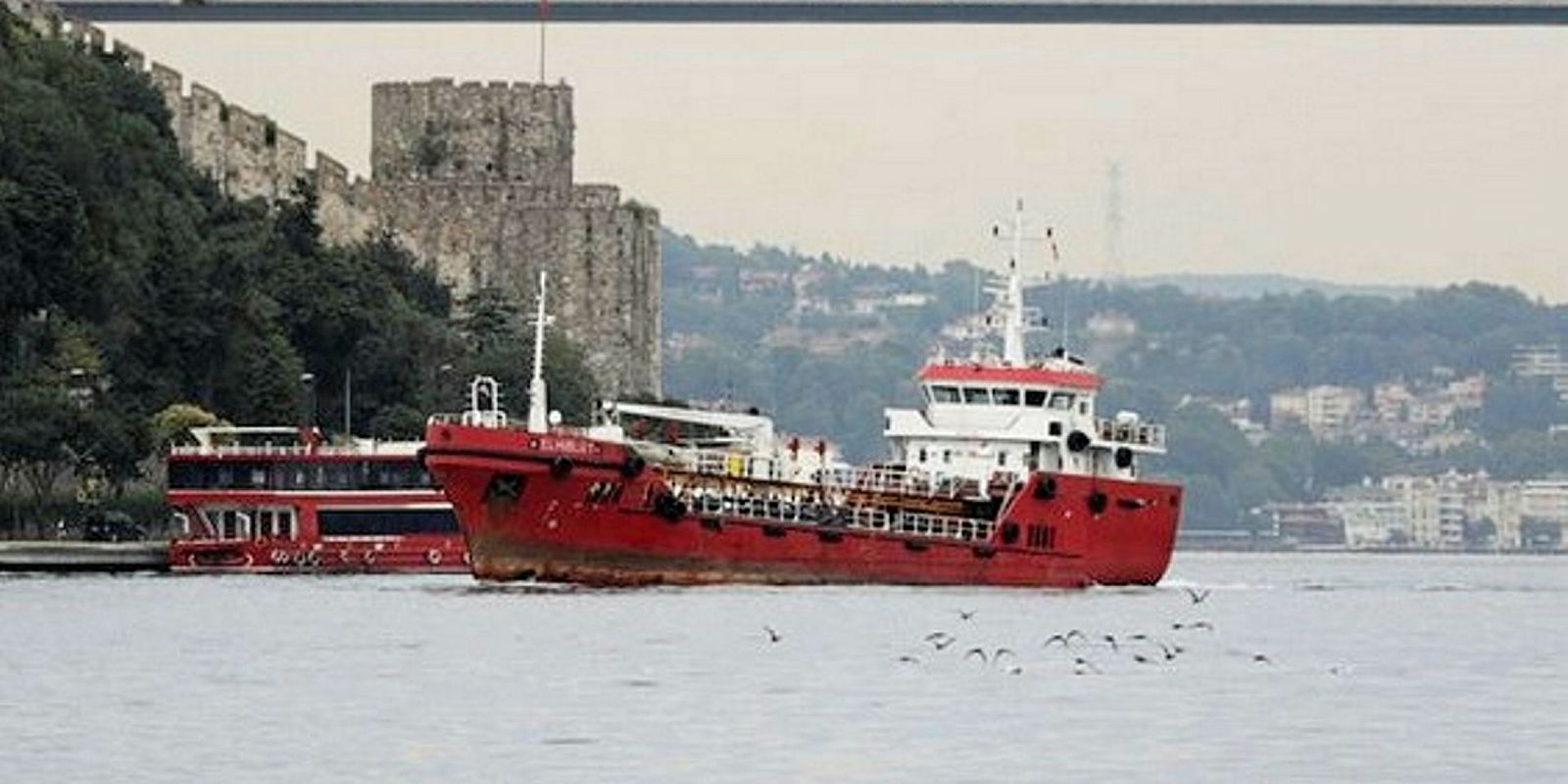Shipping has been warned to expect a possible surge in Rohingya migrants travelling by sea in the Bay of Bengal and along the Straits of Malacca over the next few months.
The latest warning comes from the Information Fusion Centre (IFC), a regional maritime security centre based in Singapore.
The IFC said indications are that there has been a “significant increase” in the volume of migrants compared to previous years.
Last month the IFC said it recorded five incidents of attempted irregular human migration (IHM) undertaken by Rohingya migrants via the sea.
The five incidents involved close to 1,000 people and the use of unseaworthy vessels. Close to 90 of those people are thought to have died during the attempts.
In one of the incidents. the boat smuggling an estimated 132 Rohingya migrants capsized in the Bay of Bengal on 7 April 2020.
The Bangladesh Coast Guard rescued 77 personnel and 15 bodies were retrieved. A fourth of the people are still reported to be missing.
Malaysia preferred destination for Rohingya
The IFC says Malaysia is the “preferred” destination for the Rohingya migrants due to it being regarded as an “attractive location” by migrants as it is a Muslim-majority state located near Myanmar.
In addition, Malaysia’s existing Rohingya refugee community is thought to exceed 100,000 people, all previously admitted into the country on humanitarian grounds.
Despite Malaysia not being a signatory to the 1951 Refugee Convention and its 1967 protocol, the Malaysian government has been admitting Rohingya migrants into the country on an ‘ad-hoc’ basis.
Of the 29 incidents involving Rohingya migrants recorded between 2018 to 2019, 21 incidents stated Malaysia as the destination, with Indonesia and Thailand as the stated destinations for the remaining eight incidents, the IFC said.
“The increased of Rohingya migration attempts in the month of April 2020 is possibly due to the increased risk of Covid-19 in the refugee camps and the probable deteriorating conditions expected due to the forecasted monsoon season in the Bay of Bengal,” the IFC said.
“It is also likely that people smuggling organisations may have used the increased risk of Covid-19 and the deteriorating weather conditions to encourage people to pay the necessary money and take the risk in travelling to other countries in the region including Malaysia by sea before the monsoon season commences.”
The IFC said regional maritime enforcement agencies have generally stepped up enforcement efforts, which includes enhanced surveillance and deployment of assets at sea.
But it has called on ship masters and operators to participate in the Voluntary Community Reporting (VCR) program to report any fishing vessels carrying large numbers of people onboard.
The VCR is a voluntary scheme to encourage ships to report to the IFC for the purpose of enhancing security for the ships when transiting Southeast Asia.






